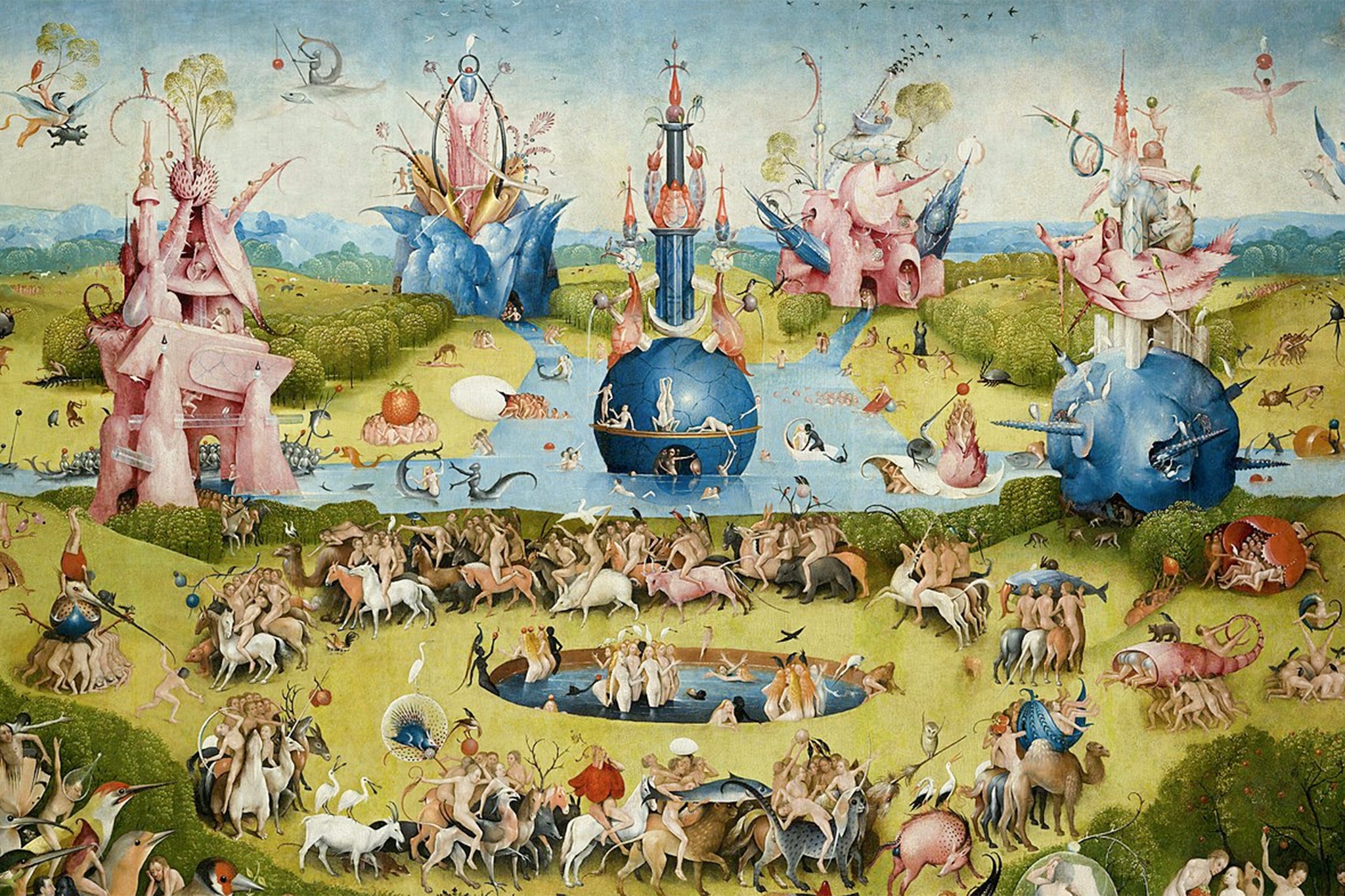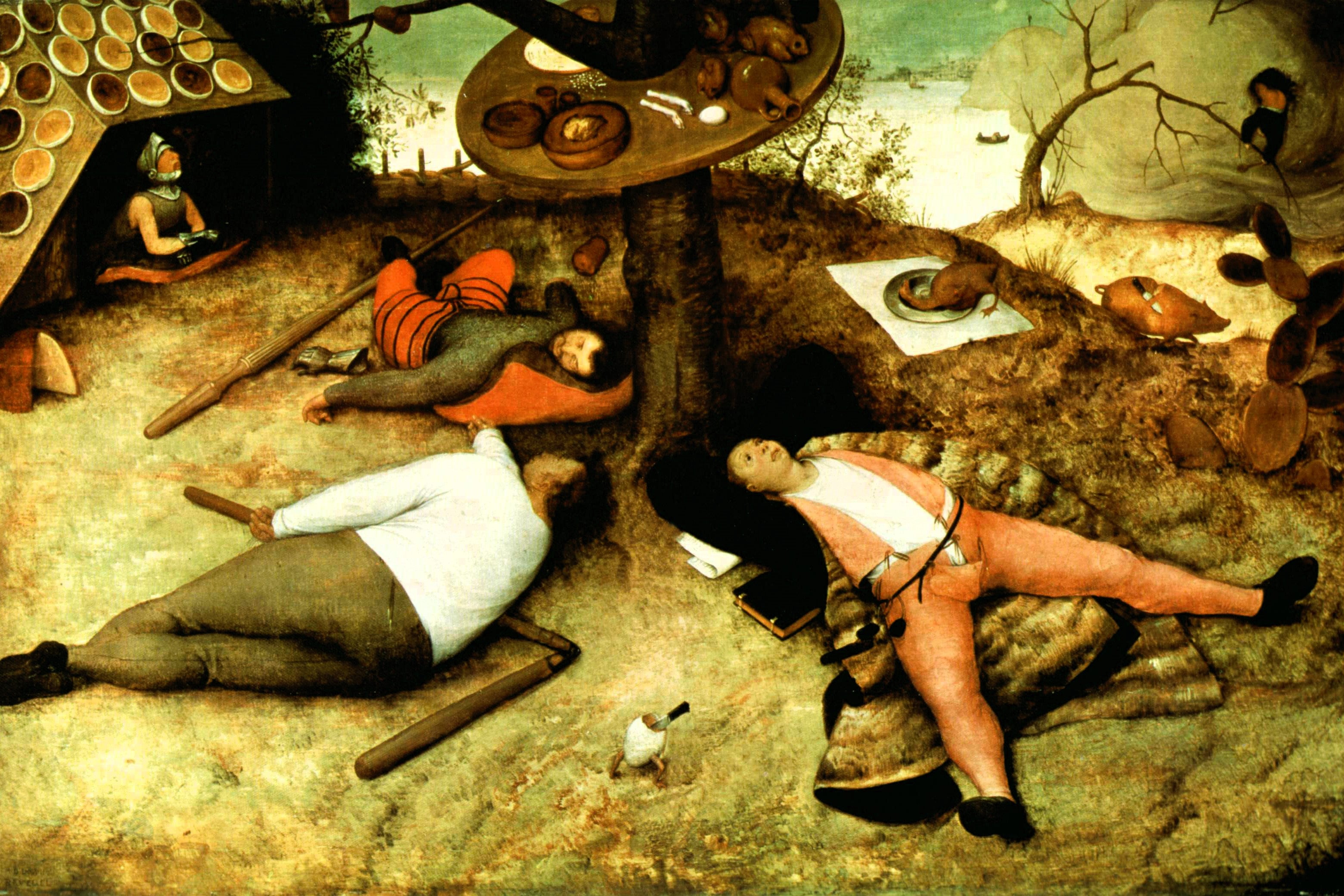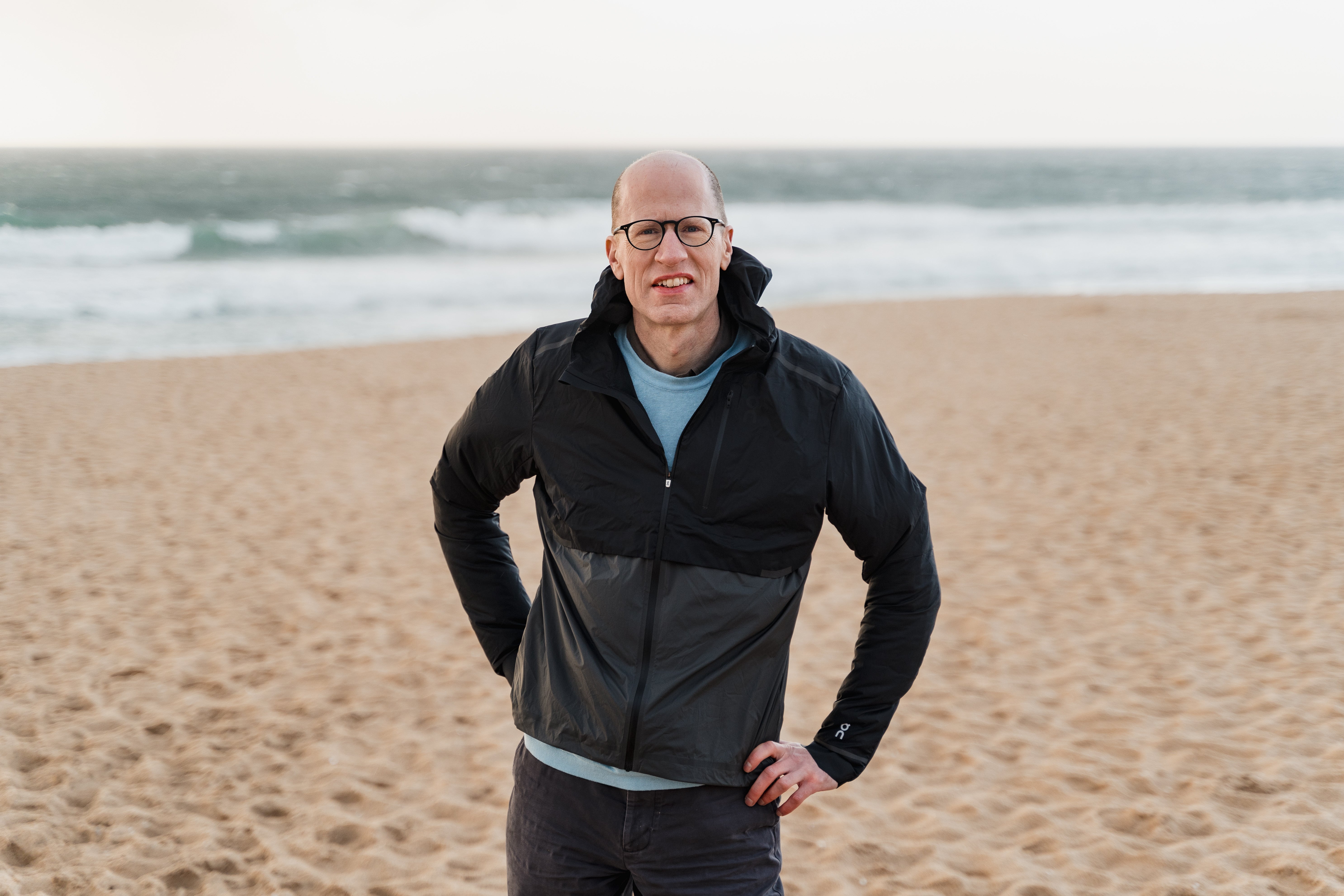AI and the meaning of life: Philosopher Nick Bostrom says technology could bring utopia but will force us to rethink our purpose
Could AI take our sense of purpose as well as our jobs? This is what one of the world’s leading AI philosophers explores in his new book ‘Deep Utopia’. He tells Anthony Cuthbertson what may happen if technology solves all of our problems and fulfills our every need – and what would then become of us...


In medieval Europe, peasants had a vision of paradise that they called the Land of Cockaigne. It was a mythical place of plenty, where the walls were made of sausages and the sky rained cheese. Nearly 500 years later, with refrigerators full of food, and apps that can deliver meals at the tap of a screen, we have finally achieved this version of utopia, at least from the perspective of a medieval peasant.
So in an age of relative abundance, what kind of utopia can we imagine with our current rate of progress? If technology solved all of today’s problems – from death and disease, to conflict and suffering – and AI did everything for us, what would we do? And what would be the point of our existence?
This is the subject of philosopher Nick Bostrom’s latest book, Deep Utopia: Life and Meaning in a Solved World. Professor Bostrom is best known for his 2014 book Superintelligence, which offered a dystopian vision of what might happen when artificial intelligence surpasses human intelligence. It surmised that an out-of-control AI could ultimately wipe out humanity, and led to Elon Musk warning that artificial intelligence poses a greater existential threat than nuclear weapons.

A decade later, with AI more prevalent than ever, Professor Bostrom has decided to explore what will happen if things go right; if AI is beneficial and succeeds in improving our lives without destroying them. More importantly, it asks: What would happen to us if all our needs and desires were fulfilled?
“I think we need to be thinking about the impacts of transformative AI and how to manage that,” he tells The Independent. “When you look at radical levels of utopia, then you face a sort of deeper philosophical challenge in conceiving of what would be a good human life.”
In the short term, it is conceivable to imagine a world where AI eliminates the need for work. A century ago, the economist John Maynard Keynes predicted that technological advances would mean we would be working 15-hour weeks in the 21st century. More recently, the likes of Bill Gates have questioned what we would do in a post-work future, fearing that our biggest challenge will be a “lack of purpose”. The world’s seventh-richest person comes from a modern capitalistic perspective, but it is not actually such a futuristic concept: there is evidence to suggest our Stone Age forebears only actually worked as little as four hours a day.
“It’s striking that, so far, even though we have made huge gains in economic productivity, as was predicted by Keynes in his famous article, we have chosen to use most of that extra economic income for consumption rather than for increasing leisure,” Bostrom says. “We just have chosen to buy more stuff.”
What is needed, Bostrom claims, is a culture shift to one that “emphasises enjoyment and appreciation rather than usefulness and efficiency”, which would first involve uprooting the entire school curriculum as we know it.
Where the question of purpose really becomes a challenge, Bostrom posits, is when even leisure becomes redundant due to advances in neurotechnology and brain implants that can simulate feelings like pleasure or satisfaction without us even having to move.

In this deep future, which could be years or millennia away, civilisation has reached technological maturity. Going beyond post-scarcity and post-work utopias, we reach a post-instrumental utopia, where there is virtually nothing that a human can do that an AI cannot do better.
There are a few notable exceptions, like a child’s drawing for their parents, though even childcare could potentially be performed better by an AI. “A superintelligent AI could build a perfect parent substitute,” Bostrom writes. “It is quite conceivable that, at technological maturity, you would in fact be slightly harming your child whenever you indulged in some DIY parenting.”
This “weightless condition”, as Bostrom puts it, forces us to confront the question of purpose. What would give our lives meaning in such a world?
To overcome this problem of purpose, Bostrom lays out “five rings of defence” to protect against futility. Cognitive enhancement, for example, could bring us new realms of experience and appreciation for the study of natural beauty, or quantum physics.
Another is “sociocultural entanglement”, involving caring for someone you love, or crafting a gift by your own hand to express a particular emotion towards another human you care for. There is also “artificial purpose” – there is no inherent need to climb Mount Everest, for example, but people still find meaning in it. And it doesn’t even need to be that grand. “Each day could be arranged with artistic ingenuity and turn out as little masterpieces all in themselves.”
Beyond even a post-instrumental utopia is what Bostrom refers to as a “plastic utopia”, where technological advances mean anything can be configured however we like, including our physical form and our mental state.
“With perfect technology and abundant capital… we will either be bored out of our minds or transform ourselves into ‘pleasure blobs’; passive minds that experience an artificially induced sense of contentment,” he writes.
What we ultimately decide to do comes down to one of the oldest philosophical questions: What is the meaning of life? The answer to this, Bostrom suggests, could one day come from either enhanced human intelligence or a sufficiently advanced AI. Even then, we may need bigger brains to actually understand it.
When it finally comes to answering the question in his book, Bostrom offers his version of the “it’s about the journey, not the destination” quote. He writes: “We should ask not ‘What is the optimal state?’ but ‘What is the optimal trajectory?’”
Exploring the concept of deep utopia is intended to serve as a kind of philosophical particle accelerator in which extreme conditions are created to allow the study of our fundamental values.
While Superintelligence brought the idea of existential risk from AI into the mainstream, his hope for his latest book is to help people understand “how big the future could be” with advanced artificial intelligence. It takes utopian thinking to a level not previously considered, imagining utopia on a universe-scale, not just global. And not just for humanity, but any conscious being; In this scenario, even AI gets its shot at happiness.
“I hope that people can become more broad-minded, when thinking about what we might ultimately get and want in the deep future,” he says. “I think we will have to, at some point, deliberate about what we want to steer the world towards assuming we get the chance to do this at all, because there’s still that possibility of things going catastrophically wrong between now and then.”
As the head of the Future of Humanity Institute at Oxford University, Professor Bostrom brought such issues to the public’s attention. On Wednesday, just a few weeks after Deep Utopia was published, the institute announced that it was shutting down after nearly two decades, citing “administrative headwinds”.
This either bodes poorly for our attempts to steer humanity’s long-term trajectory in a positive direction, or, as the “godfather of artificial intelligence” Yann LeCun quipped: “It seems that humanity’s future is no longer in doubt, in case anyone was worried.”
When asked if our current trajectory is leading us more towards a utopia or a dystopia, Professor Bostrom said he believes it hangs in the balance. “We’re moving towards both, rapidly,” he said, adding that artificial intelligence will be a “critical factor” in determining which way we go. As its anagram portends, utopia may indeed be up to AI.
As he noted in his seminal book Superintelligence, the lives of 10,000,000,000,000,000,000,000,000,000,000,000,000,000,000,000,000,000,000,000 future humans could potentially depend on it.
“If we represent all the happiness experienced during one entire such life with a single teardrop of joy, then the happiness of these souls could fill and refill the Earth’s oceans every second, and keep doing so for a hundred billion billion millennia,” he wrote. “It is really important that we make sure these truly are tears of joy.”






Join our commenting forum
Join thought-provoking conversations, follow other Independent readers and see their replies
Comments